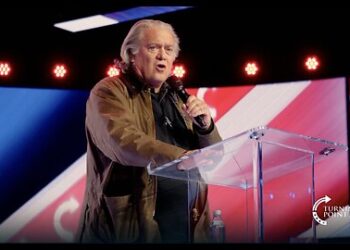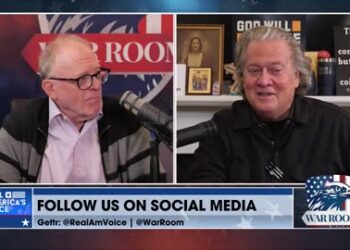They say time heals all wounds, but some cuts are like rivers carving deep canyons. For America, November 22, 1963, was such a day. Even after sixty years, the memory of that sad day in Dallas still hurts like a fresh wound.
President John F. Kennedy was like a bright star, shining with hope and energy. His sudden death was like a candle blown out by a cruel wind. The nation was shocked and left with questions that have never been fully answered. This made people start to doubt their leaders and institutions. Trust began to unravel like a sweater with a loose thread, pulling apart with each tug of doubt.
Conspiracy theories swirled like a whirlwind, filling the empty space left by an official story that raised more questions than it answered. Each theory grew more complex, painting villains in vivid colors. Suspicion spread like wildfire, making people believe that bigger forces were at work—shadowy powers that wanted the presidential torch passed to hands more agreeable to their hidden plans.
Whether it was foreign spies, secret groups in America, or some dark collusion between them, the theories sowed seeds of division. Over decades, these seeds grew into the thorny roses of polarization we see today. The nation split, with one side believing in conspiracies and the other denying any flaws in the established order, desperately holding onto comforting myths of control.
After the assassination, the American spirit, already shaken by changes in society, suffered another crisis of faith. The country focused on keeping things stable on the surface instead of really looking into what happened. Later presidents didn’t want to dig too deep into the truth. They preferred to sail above the turbulent waters rather than dive for the sunken truths.
Now, it’s hard to find out what really happened that day in Dallas. Evidence is gone, and witnesses have passed away. Powerful groups don’t want the truth to come out. They carry on, free to weave new stories as it suits their power.
So, America is still split, forever stuck in a place of uncertainty. For half the people, doubt about what they were told grows into a broader distrust of a system proven deceptive. The other half thinks continued questioning is crazy, a threat to beliefs built on assumptions that are getting weaker with age.
Both sides move further apart, not wanting to see how their shared pain connects them. A nation divided, as Lincoln said, cannot stand. But coming together means facing hard truths that many don’t want to deal with. It’s easier to let accusations burn than risk finding common ground and understanding.
That day in Dallas did more than just kill a president. It broke America’s trust in its leaders, starting an era where managing how things look became more important than truth or justice. Unanswered questions still bother us, reminding us of how deeply that one violent act hurt our country.
The wound is still there, hurting us every time we remember. It’s a secret pain that keeps us divided—a deep cut in the American spirit from which true recovery may never come. The cost of lies is high, and it’s too late to heal some wounds.
But there is hope. To help heal this wound, President Trump should make all files about the JFK assassination public soon after he takes office. This would end the conspiracy theories and help the nation move forward together, united in truth and honesty.
Let us come together, as one nation, to finally lay this ghost to rest and step into a brighter future. Imagine a future where we stand united, stronger than ever, ready to face any challenge together. We must heal the wounds of the past to build a brighter tomorrow.
Dave Ramaswamy is an independent commentator on geopolitics and strategic affairs





